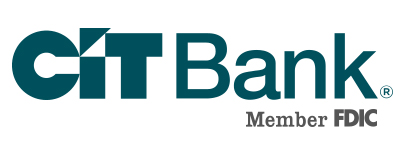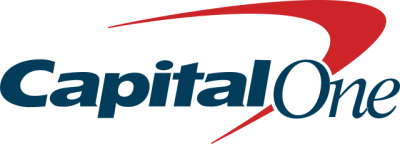Pros:
- Low opening required amounts
- Variety of accounts available
- ATM fee reimbursements
- Competitive rates on most accounts
Cons:
- Must become a member first
- Accounts have tiered interest rates
- Daily cash limits on withdrawals
Pros:
- Can open all accounts online
- No monthly fees or required balances
- Competitive interest rates
- Savings has a low opening amount
Cons:
- Limited accounts offered
- Must link external bank account
- Premier account requires large amount
- CDs require a large opening deposit
Navy Federal accounts have low opening required amounts. The savings account only requires $5 to open. The money market account does not have a set amount required to open, but to earn interest requires $2,500. The checking accounts do not have a set amount required to open. The CDs have tiered opening required amounts. The lowest amount to open a regular CD is $1,000. Special CD offers require lower opening amounts.
There are a wide variety of accounts offered through Navy Federal. They offer a savings account, money market account, and CDs. Their CD terms range from three-month terms to seven-year terms. Navy Federal offers five checking accounts. Those accounts include one for students, an online account, and an active duty account. Navy Federal also offers loans and credit cards.
Most Navy Federal checking accounts offer ATM fee reimbursement. Only the Everyday Checking account does not. The reimbursement amount ranges from $10 to $20, depending on the account. Some accounts require a direct deposit to earn the reimbursement.
Most all Navy Federal accounts offer competitive interest rates. The CDs offer the most competitive interest rates. Navy Federal savings and checking accounts earn interest. The rates are lower than online account rates. The money market account rates are slightly lower than online rates. These rates are higher than typical bank rates.
Before you open an account with Navy Federal, you must first become a member of the credit union. Servicemembers and veterans are eligible to join Navy Federal. Department of Defense employees are eligible. Family members of each of these groups can become members of Navy Federal Credit Union.
Navy Federal money market and Flagship checking account have tiered interest rates. To earn the most competitive rate on the MMA requires a balance of at least $50,000. The checking account requires $25,000. To earn the most competitive rate on Navy Federal CDs requires $100,000.
Navy Federal only allows for a daily cash withdrawal of $600. This includes cash from an ATM, a branch, or receiving cash back. There is a daily transaction limit of $3,000 for most checking accounts and $5,000 for the Flagship checking. Their accounts do not typically have limits on the number of transactions.
Colorado Federal Savings Bank is an online bank. Opening an account is completed online. You do not have to mail information in or wait for the bank to send you information. All the information you need to open an account is on their website.
Colorado Federal Savings Bank accounts do not have monthly maintenance fees. The accounts are completely free. There are no fees to transfer money into the account with electronic transfers.
The interest rates for CFSB are competitive. Their rates are much higher than your typical brick-and-mortar rates. They are competitive with other online-only accounts. CFSB rates are not tiered. Any amount over the required opening deposit earns the competitive rates offered.
The high yield savings account only requires $1.00 to open the account and keep in the account. The interest rates are competitive. The only fee is if you withdraw more than six times each billing cycle.
CFSB offers limited accounts. Only an online savings account and CDs are available. No checking or money market account is available. There are no business accounts available. Only those few personal deposit accounts are available through CFSB.
To fund your CFSB accounts, you must link an external bank account. Once you link the accounts, you can make transfers between the two accounts. Electronic transfers between linked accounts are how you access your CFSB money.
CFSB has a Premier Savings account offering competitive interest rates. The minimum account balance is $50,000. To open the Premier Savings account, you must be a new customer. This means you have not maintained a CD or savings account with CFSB in the previous 60 days.
To open a CD through CFSB requires $5,000. There are six CD terms. They range from six-months to five-year terms. The only fee is if you withdraw your money before it reaches the maturity date. The interest rates for each of the terms are competitive.


